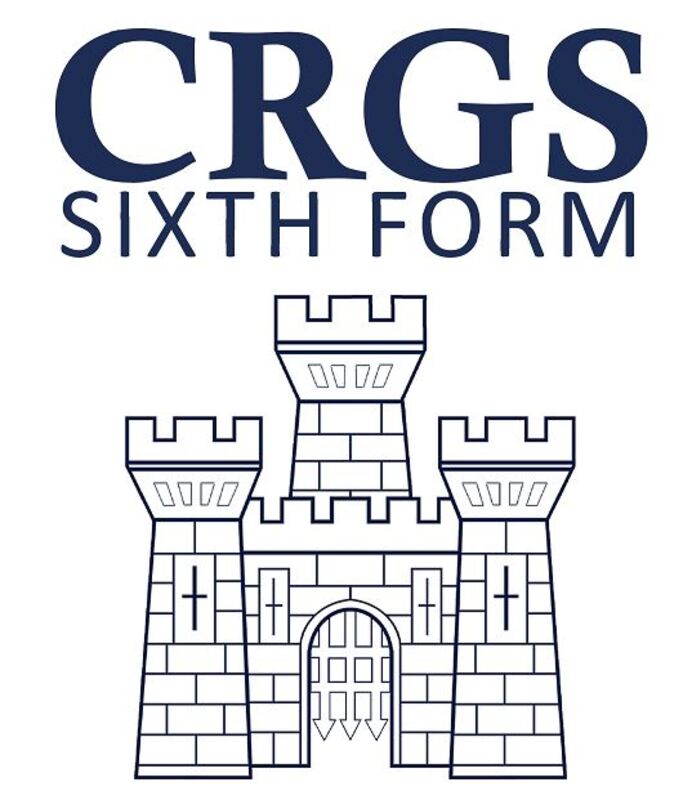
Studying French is fun and rewarding. Lessons focus primarily on communication and are very interactive. Our exam results are well above the national average so with commitment and hard work, you will do well. French A Level offers so many possibilities as it is an official language of the United Nations, the European Union, UNESCO, NATO, the International Olympic Committee, the International Red Cross and the International Court of Justice. Did you know 125 million people in over 45 countries use French on a daily basis? French culture is world-renowned. France is famous for its philosophers, literature, films, cuisine, fashion, art and architecture.
Students must have at least grade 6 in French GCSE. Students are required to meet the General Entry Requirement of a minimum of 4 GCSEs at grade 6 with at least GCSE grade 4 in English Language and Maths.
Assessment takes place at the end of Year 13: Component 1 - Speaking (30%) ▪ A structured discussion based on a short-written stimulus linked to one of the four A Level themes mentioned above ▪ An Oral Exposé and discussion. Candidates give a short presentation on an independent research project of their choice. This can be related to a book or film or an area of French life which interests them. This is followed by a discussion on the topic of the exposé and related issues ▪ The test is conducted by a visiting examiner Component 2 - Listening, Reading and Translation (50%) ▪ Listening - This part of the examination focuses on the ability to understand and respond to extracts drawn from a range of everyday situations such as brief conversations, news items, interviews and reports. Candidates are issued with individual CDs. They have control of the recordings and are able to stop and replay them at any time ▪ Reading - The examination is based on a number of items taken from newspapers, magazines and advertisements ▪ Students are asked to translate short texts from French into English and English into French Component 3 - Critical and analytical response in Writing (20%) ▪ Students study the film ‘‘Les Choristes’’ and the book ‘’No et moi’’ by Delphine de Vigan. They must write essays of about 300 words on each, in French
About Education Provider
| Region | North West |
| Local Authority | Lancashire |
| Ofsted Rating | Outstanding |
| Gender Type | Co-Educational |
| Address | York Street, Clitheroe, BB7 2DJ |
Studying French is fun and rewarding. Lessons focus primarily on communication and are very interactive. Our exam results are well above the national average so with commitment and hard work, you will do well. French A Level offers so many possibilities as it is an official language of the United Nations, the European Union, UNESCO, NATO, the International Olympic Committee, the International Red Cross and the International Court of Justice. Did you know 125 million people in over 45 countries use French on a daily basis? French culture is world-renowned. France is famous for its philosophers, literature, films, cuisine, fashion, art and architecture.
Students must have at least grade 6 in French GCSE. Students are required to meet the General Entry Requirement of a minimum of 4 GCSEs at grade 6 with at least GCSE grade 4 in English Language and Maths.
Assessment takes place at the end of Year 13: Component 1 - Speaking (30%) ▪ A structured discussion based on a short-written stimulus linked to one of the four A Level themes mentioned above ▪ An Oral Exposé and discussion. Candidates give a short presentation on an independent research project of their choice. This can be related to a book or film or an area of French life which interests them. This is followed by a discussion on the topic of the exposé and related issues ▪ The test is conducted by a visiting examiner Component 2 - Listening, Reading and Translation (50%) ▪ Listening - This part of the examination focuses on the ability to understand and respond to extracts drawn from a range of everyday situations such as brief conversations, news items, interviews and reports. Candidates are issued with individual CDs. They have control of the recordings and are able to stop and replay them at any time ▪ Reading - The examination is based on a number of items taken from newspapers, magazines and advertisements ▪ Students are asked to translate short texts from French into English and English into French Component 3 - Critical and analytical response in Writing (20%) ▪ Students study the film ‘‘Les Choristes’’ and the book ‘’No et moi’’ by Delphine de Vigan. They must write essays of about 300 words on each, in French